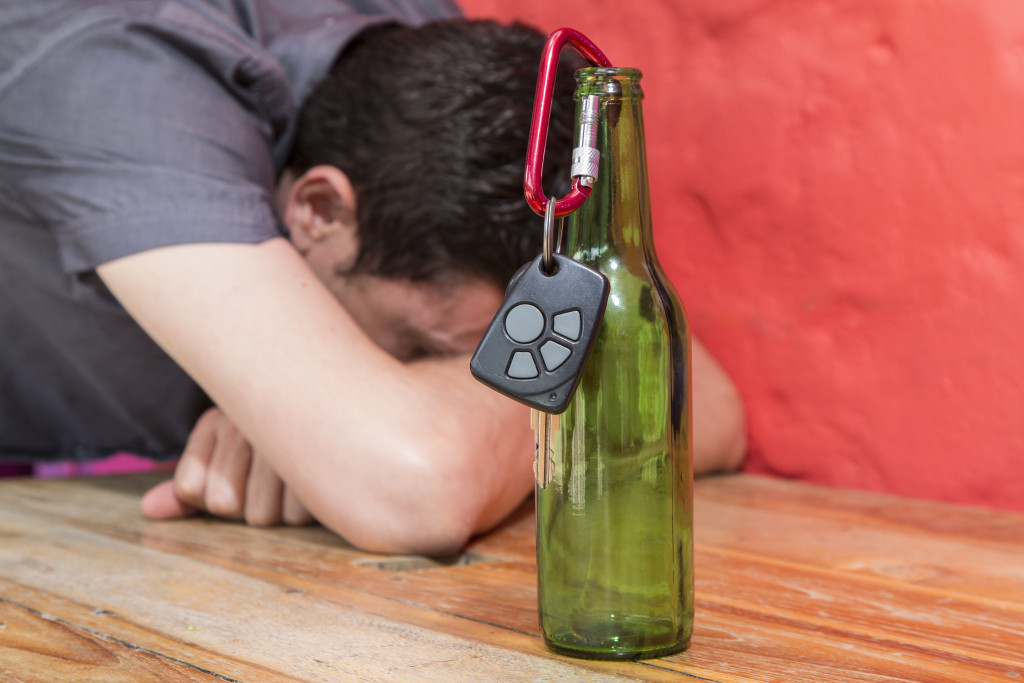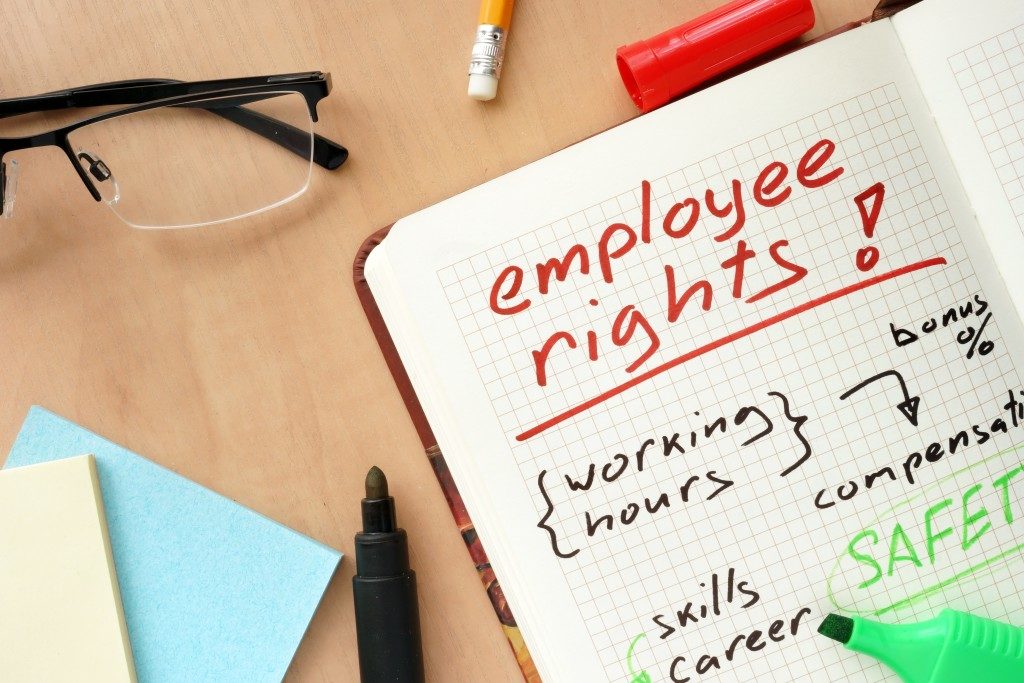- Truck driving is dangerous, with over 5,700 people dying from truck crashes in the U.S. in 2021.
- New laws, like Electronic Logging Devices and Drug and Alcohol Clearinghouse, aim to improve safety.
- Increased penalties for violations and speed limiter regulations also enforce safer trucking practices.
- Drivers are granted personal conveyance time but must maintain safety regulations during these periods.
- After an accident, contacting a lawyer, reporting the incident, seeking medical attention, and documenting everything is crucial.
Truck driving is one of the most dangerous occupations in America. Car accidents involving large trucks can be devastating, resulting in serious injuries or fatalities. Because of this, lawmakers have been working to improve the safety of truck drivers and other motorists on the road. In recent years, various new laws have been introduced to help protect truck drivers and reduce the risk of accidents. Here’s what you need to know about trucking accidents, new laws protecting drivers today, and what you should do if you or someone you love has been involved in a trucking accident.
Trucking Accidents in The U.S.
It’s estimated that over 5,700 people died from truck crashes in 2021. It’s no secret that these accidents can result in tremendous amounts of damage and injury. Many truck drivers spend long hours on the road, which increases the risk of fatigue and other factors that can contribute to an accident. In addition to this, truck drivers are also responsible for handling large, heavy vehicles that require a lot of skill and training.
Despite their best efforts, accidents happen due to various factors, such as weather conditions, road hazards, or mechanical failures. With the number of trucks on the road constantly increasing, it’s important to take steps towards making trucking safer for everyone involved.
New Laws Protecting Truck Drivers
In response to the high number of accidents involving large trucks, lawmakers have been implementing new laws and regulations to help protect truck drivers. Here are some of them:
1. Electronic Logging Devices (ELDs)
In 2017, the Federal Motor Carrier Safety Administration (FMCSA) introduced a new regulation requiring electronic logging devices (ELDs) to track driving hours. This new rule replaced the previous paper logbooks used by many drivers. This regulation aims to ensure that drivers are not exceeding their maximum driving hours, which can lead to fatigue and increase the risk of accidents. ELDs are also designed to improve compliance, reduce paperwork, and provide more accurate tracking of driver hours.
2. Drug and Alcohol Clearinghouse
Another new law that promotes truck driver safety is the Drug and Alcohol Clearinghouse. The FMCSA maintains this online database and contains information about drivers who have violated drug and alcohol regulations. Before hiring a new driver, trucking companies must check the database to ensure that the driver has no history of drug or alcohol abuse. This new rule will help prevent impaired drivers from getting behind the wheel of a truck, reducing the risk of accidents on the road.
3. Increased Penalties for Violations
Lawmakers have also increased the penalties for certain violations that can lead to accidents. For example, the Moving Ahead for Progress in the 21st Century Act (MAP-21) introduced higher fines for carriers that repeatedly violate safety regulations. In addition, drivers can face fines for violating hours-of-service regulations, failing to secure cargo properly, and operating a truck with faulty brakes or other safety violations. These increased penalties encourage trucking companies and drivers to take safety regulations more seriously.
4. Speed Limiter Regulations
Recent regulations also require trucks to be equipped with speed limiters. These devices limit the speed of trucks to a maximum of 65 mph. This rule aims to reduce the likelihood of accidents caused by speeding, which is a common factor in truck accidents. This new regulation will help prevent truck drivers from driving too fast and potentially causing severe accidents on the highway.
5. Driver’s Choice Regarding Personal Conveyance
The FMCSA has also provided relief to drivers when off-duty. In some situations, drivers must take personal conveyance, such as grocery shopping, getting a meal, or visiting a pharmacy, especially in long hauls. Drivers can carry on personal conveyance at their own time and expense. However, they are expected to maintain proper driver safety rules.
What to Do After a Trucking Accident
Despite efforts to make trucking safer, accidents can still occur. If you or someone you love has been involved in a trucking accident, here are some steps to follow:
Contact a Legal Professional
It’s important that you know someone who can help you or someone you know if they get into an accident. Ensure you have an experienced truck driver lawyer to help you get the best possible outcome for your case. They can assist you in determining who is at fault, handling insurance claims, and seeking compensation for your injuries.
Report the Accident
If possible, immediately report the accident to the authorities. This will create an official record of what happened and can be valuable evidence in your case. Be sure also to get a copy of the police report for your records.
Seek Medical Attention
Even if you don’t have any injuries, seeking medical attention after a trucking accident is essential. Some injuries may not be immediately apparent, and prompt medical care can prevent them from worsening.
Document Everything
Keep track of all documentation related to the accident, including police reports, medical bills, and repair estimates. This information will help determine the damages you have suffered and can be used to support your case.
Trucking accidents can be devastating, but with new laws and regulations, efforts are being made to make trucking safer for everyone on the road. If you or someone you know has been involved in a trucking accident, don’t hesitate to seek legal help and take steps to protect your rights. Safety is everyone’s responsibility when sharing the road with large trucks.





